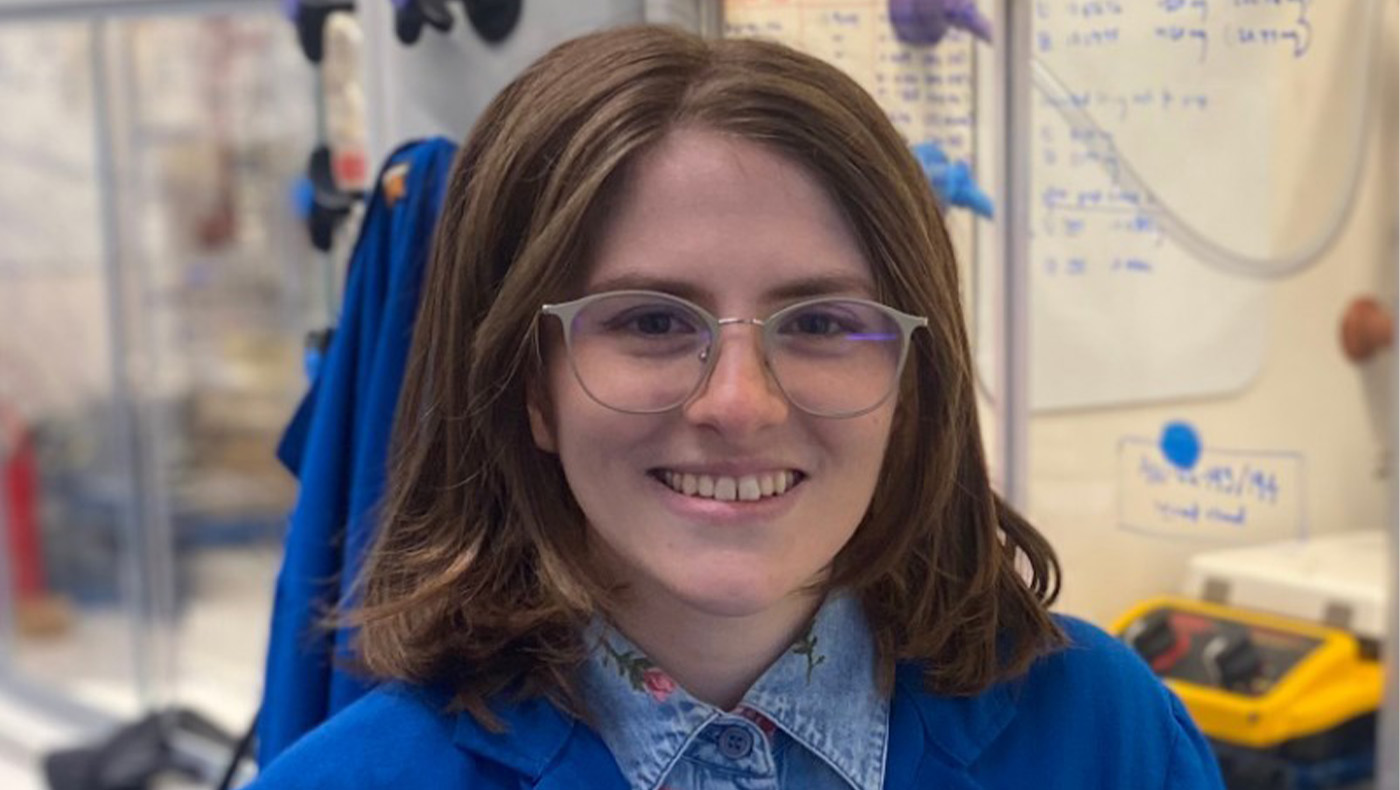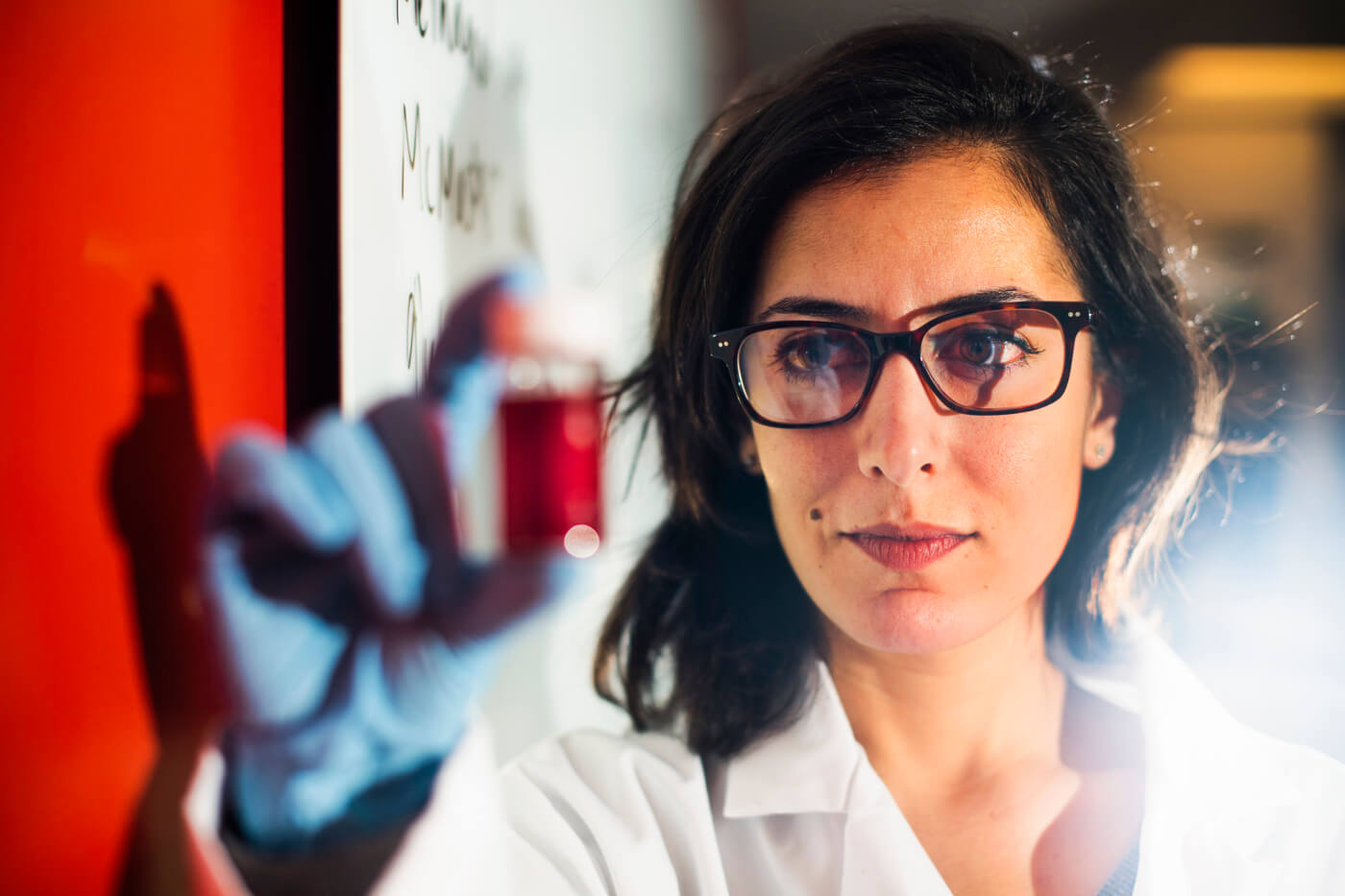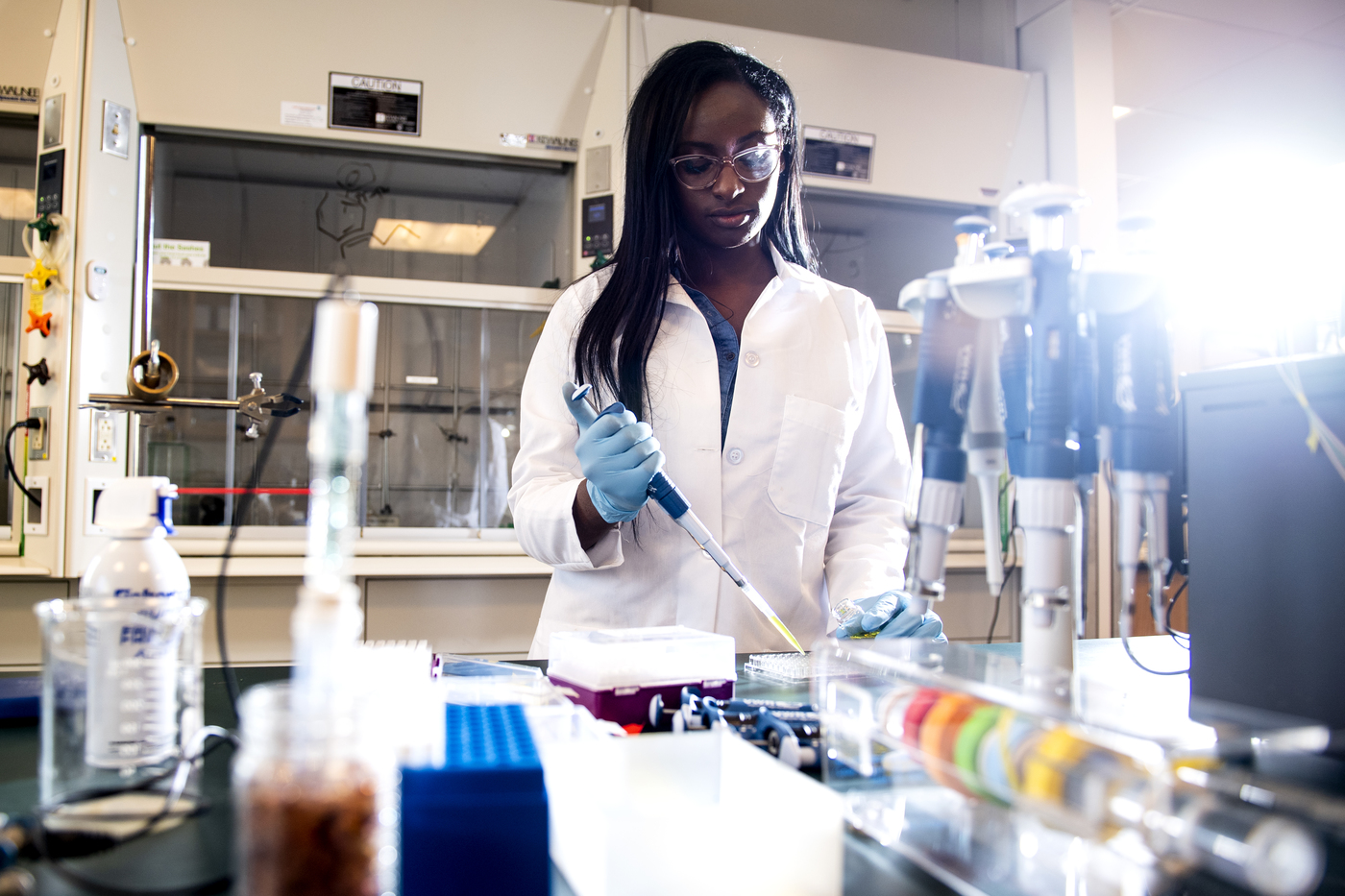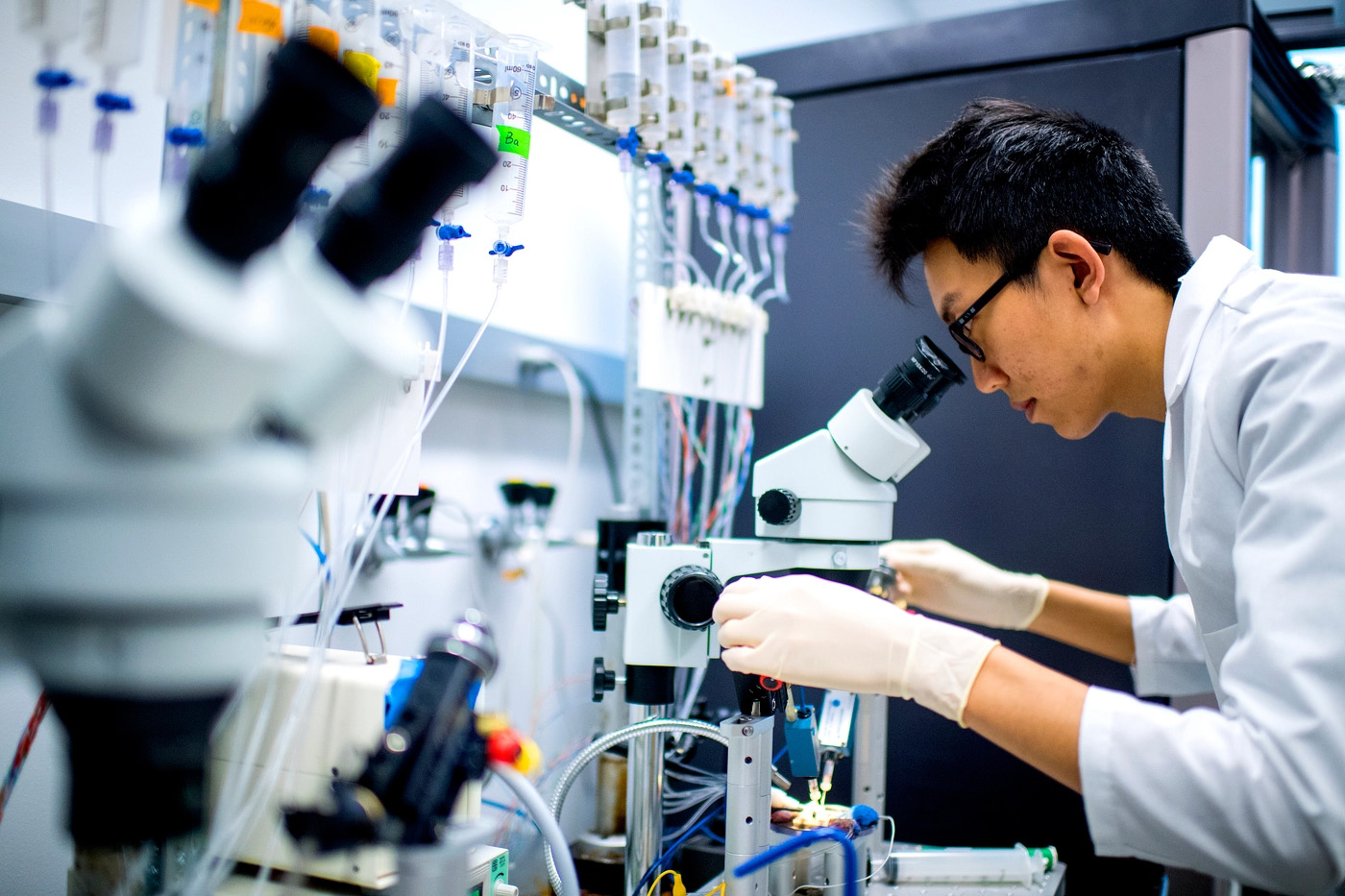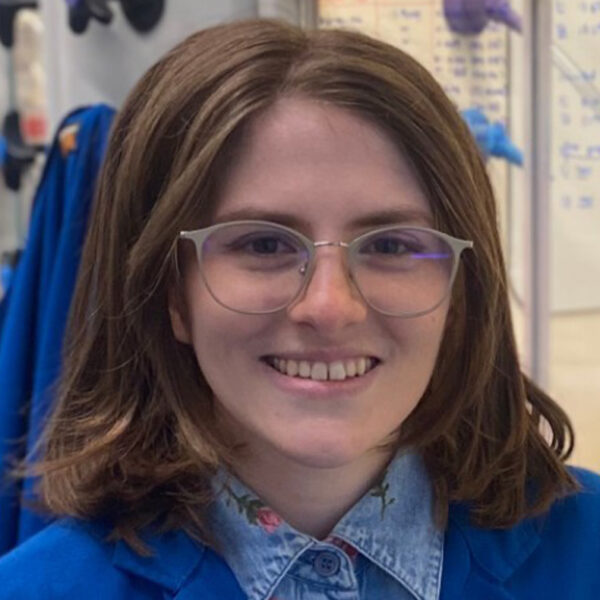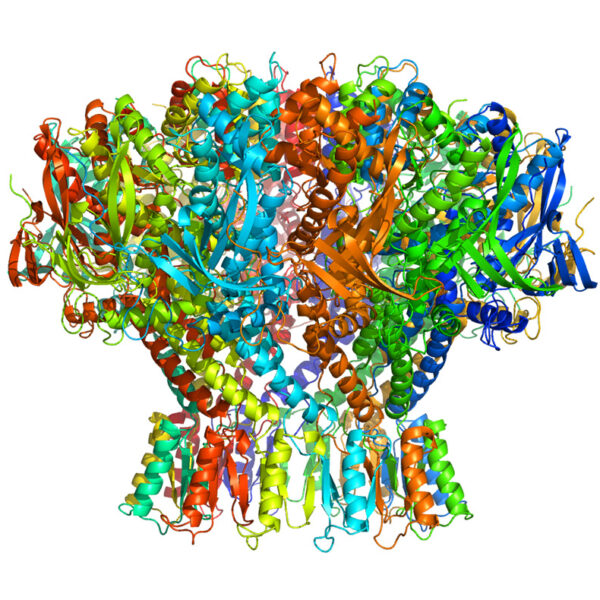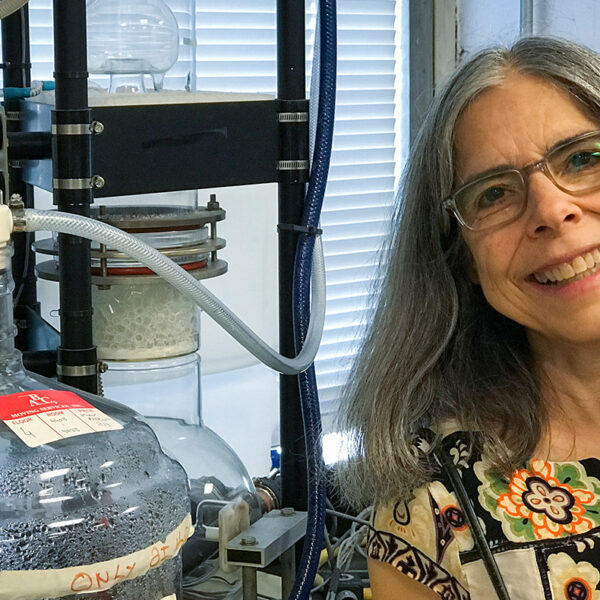Chemistry and Chemical Biology
The Central Science
Chemistry and chemical biology is the central science charting our path of inquiry, guiding us through our understanding of the world around us and revealing what is possible.
Life-changing discoveries of chemistry past have enabled the modern world by impacting everything from food production to medicine.
As new generations of chemists harness the nature of matter, their discoveries will improve our health, our environment, and our lives. The impact of CRISPR and gene editing on novel medicines, the directed evolution of enzymes and protein design on life-saving vaccines, and the development of renewable energy sources, such as lithium ion batteries, on the preservation of our environment represent just a fraction of the possibilities.
The College of Science chemistry program, through stimulating and supportive real-world preparation and research, will help you navigate your own path to discovery and pursue a meaningful career in any field.
Diversity & Inclusion
The College of Science supports a culture where each person feels they belong, regardless of race, color, religion, religious creed, genetic information, sex, gender, gender identity, sexual orientation, age, national origin, ancestry, veteran or disability status. We celebrate the diversity of our community, and we seek to expand representation to further excellence. We commit to be a College where members act with respect, trust, collaboration, and communication, and where inappropriate behavior is reported and acted on without fear of retaliation.

People
Jeffrey Agar
Jared Auclair
Northeastern’s Chemistry Program
Northeastern’s Chemistry Program
Explore our shared Northeastern research facilities.
Learn More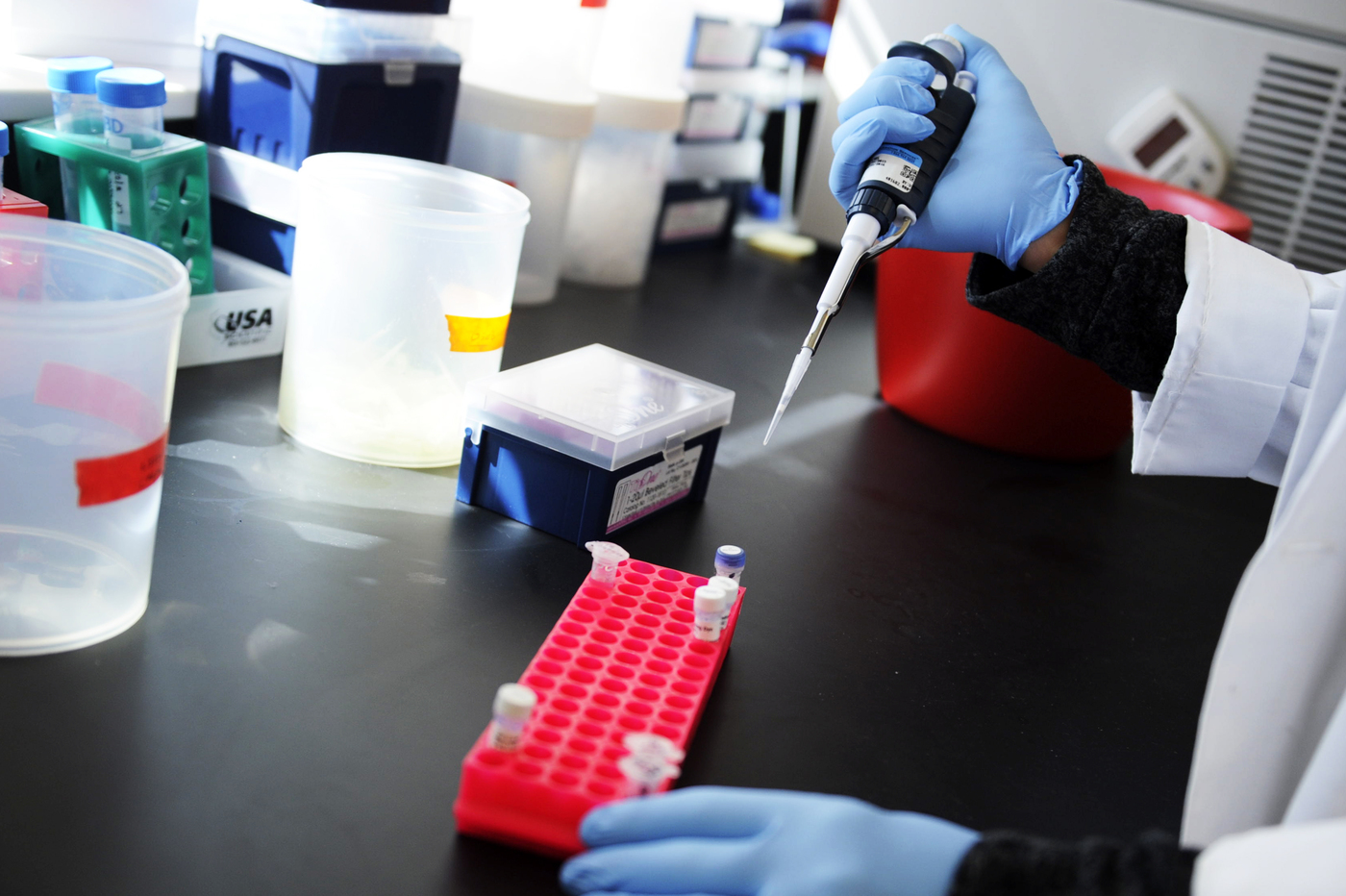
Offers students who wish to work in the geosciences or environmental science and engineering fields, including on the land, in freshwater, or the oceans, an opportunity to understand the geochemical principles that shape the natural and managed environment. Seeks to provide a context for understanding the natural elemental cycles and environmental problems through studies in atmospheric, terrestrial, freshwater, and marine geochemistry.
Traces the development of chemical thermodynamics through the three major laws of thermodymamics. These are applied to thermochemistry, chemical reaction and phase equilibria, and the physical behavior of multicomponent systems. Emphasizes quantitative interpretation of physical measurements.
Offers students majoring in chemistry an opportunity to apply the principles gained in two semesters of organic chemistry and chemical biology to a relevant disciplinary context. The discovery, design, and development of biologically active compounds for medical purposes uses knowledge and techniques gained in both organic synthesis and chemical biology. It directs those skills to incorporate specific chemical features into organic compounds to meet biological criteria. As such, it seeks to develop problem-solving skills that are valuable across a range of chemical disciplines and not confined to synthetic organic chemistry alone.
Events
News



